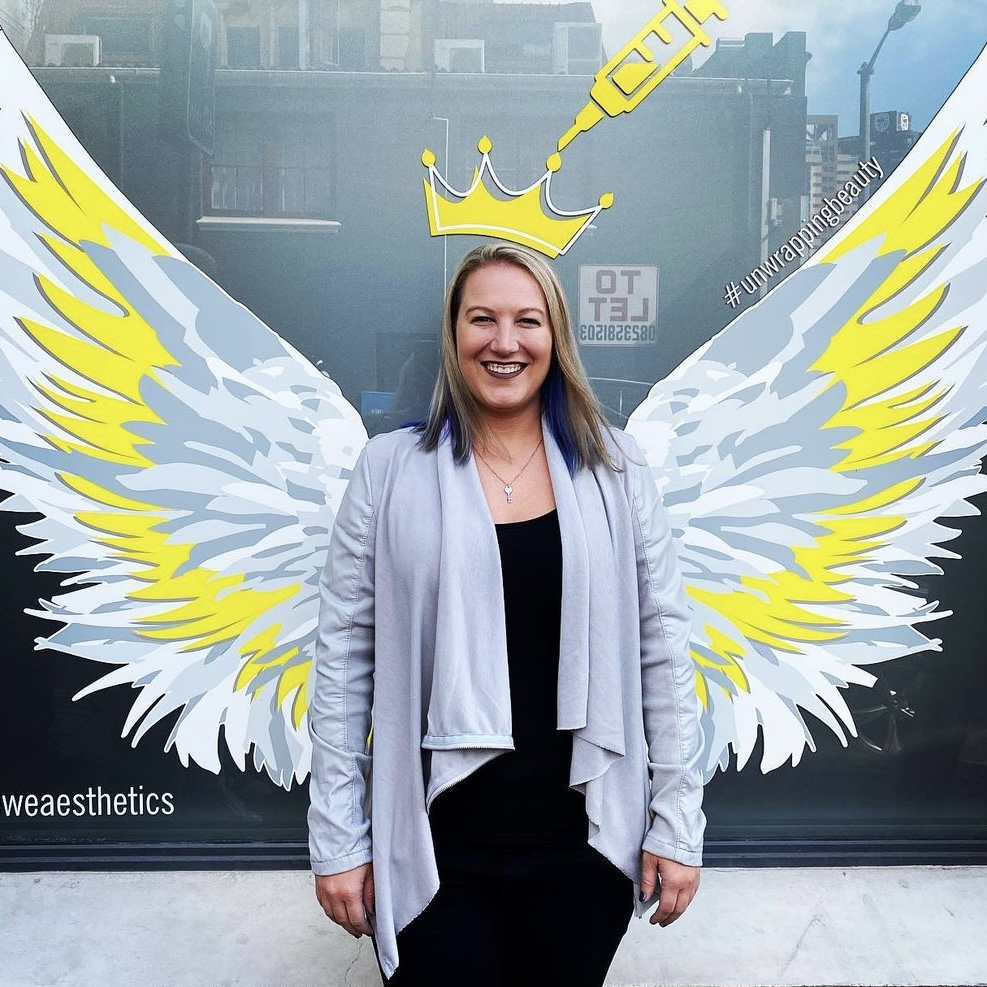小哈加速器的特色



为什么选择小哈加速器


一个账户,全端通用
iPhone苹果手机, Android安卓手机, iPad平板, 安卓平板, windows个人电脑或Mac电脑 - 不论什么设备,注册一个小哈加速器账号就够了。

无限制自由访问
小哈加速器的创新数据加密和传输技术,使您完美避开封锁,无限制访问全球网站、app及其他网络服务。下载小哈加速器,马上解锁谷歌、油管、脸书、推特、奈飞等主流网站。

看看其他人对小哈加速器的评价

Rex
最好用的加速器之一,特别是在中国!
⭐⭐⭐⭐⭐

Diana Liu
我是instagram网红博主。我每天都得使用instagram, facebook和youtube!小哈加速器是我目前使用起来最舒服的,它速度快,很稳定,而且价格很合适!
⭐⭐⭐⭐⭐

Ryan
我之前留学现在定居在英国。每次回国,我都使用小哈加速器来查看我的谷歌邮箱,观看YOUTUBE视频!没它不行啊
⭐⭐⭐⭐⭐

Daisy
我爱小哈加速器,它太棒了。神速又安全!
⭐⭐⭐⭐⭐

